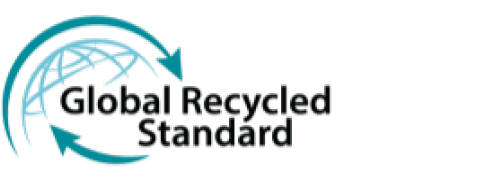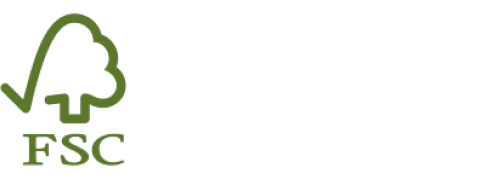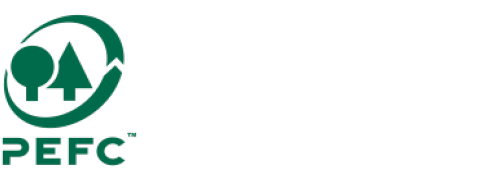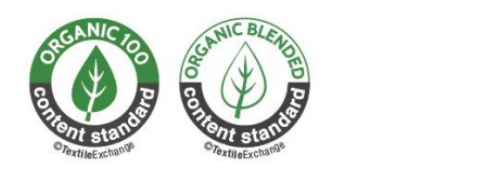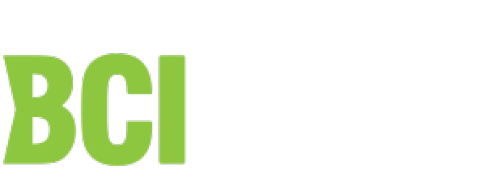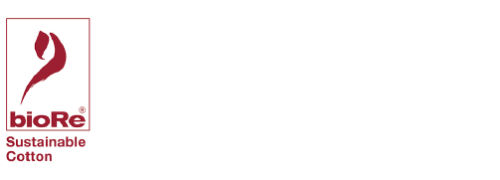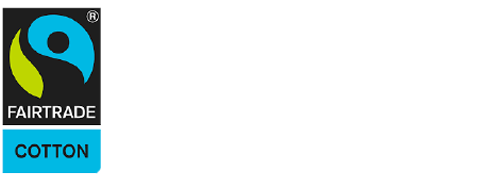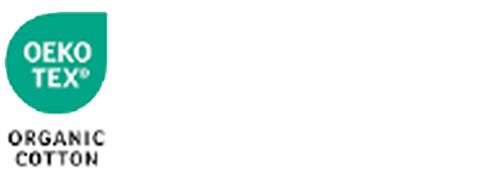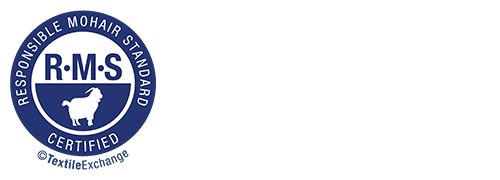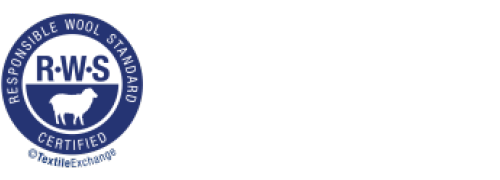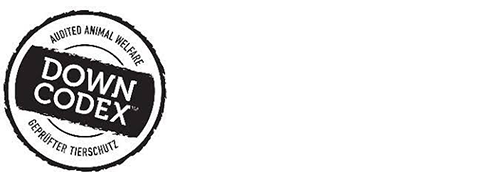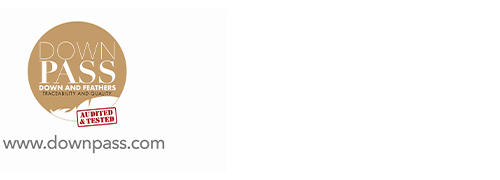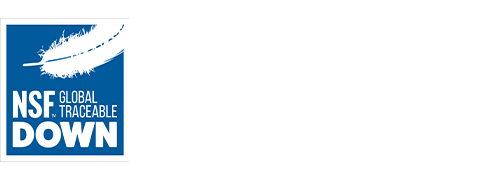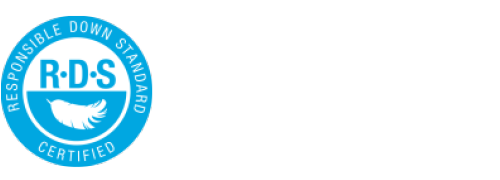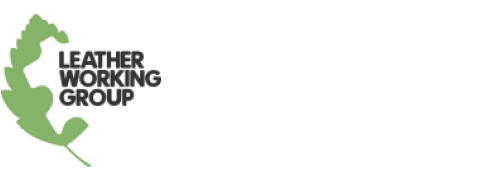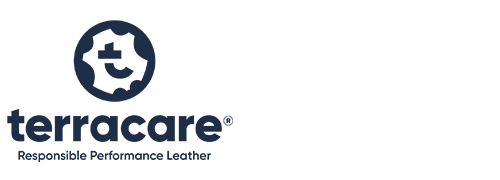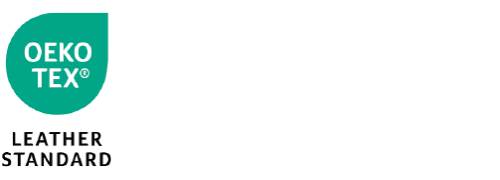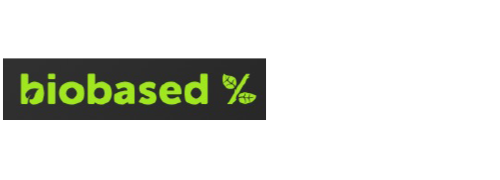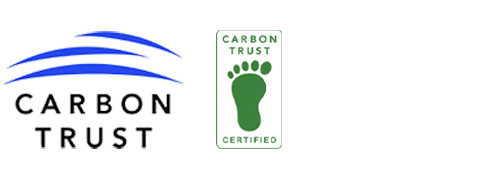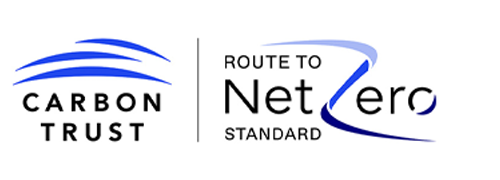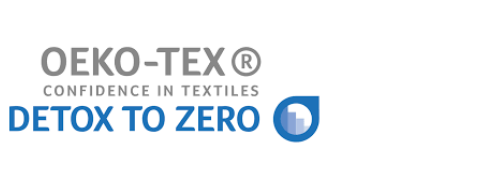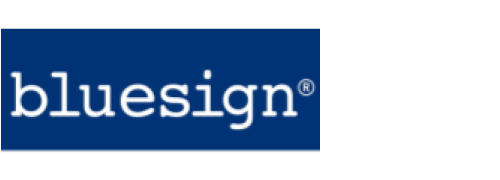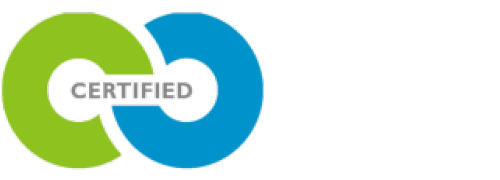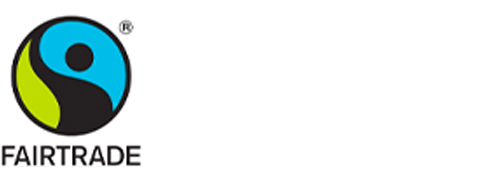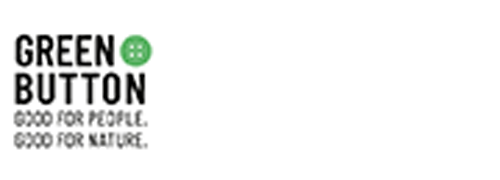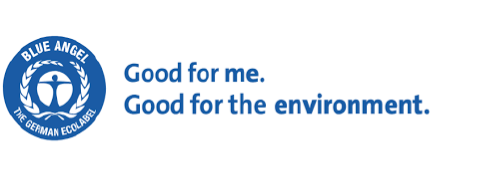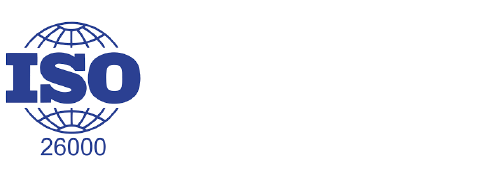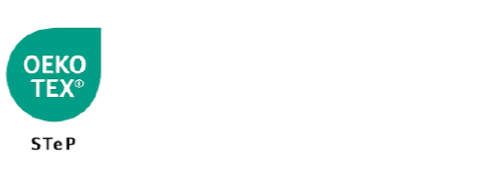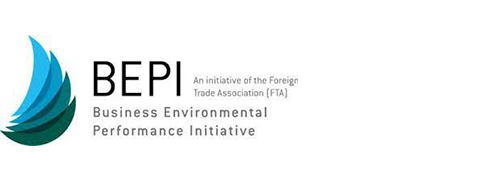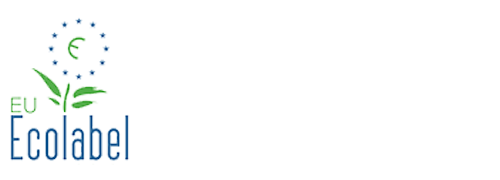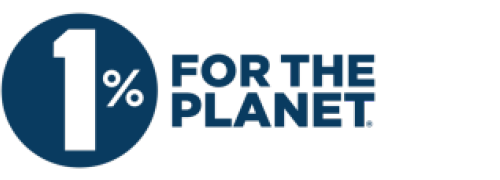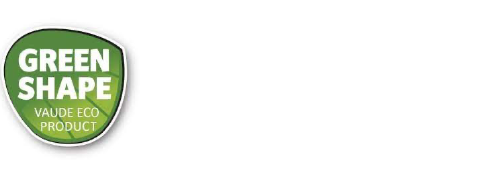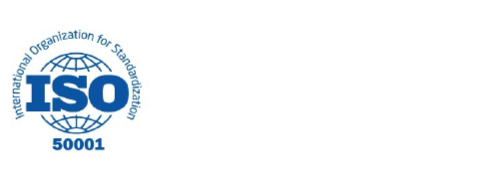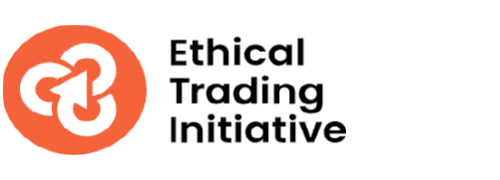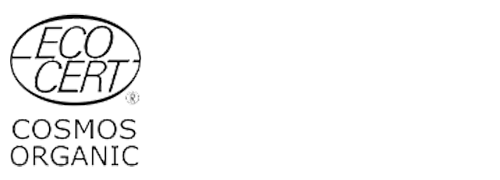When you think of 'sustainability' you usually think of the environment, but for us it is also about things like animal welfare and fair wages for workers. The officially recognised sustainability certificates we have selected are therefore related to ecological, social, as well as ethical sustainability.
If a product has earned one or more of these sustainability certificates, you will find this online in the product description. This will give you greater insight into the materials used, and you will immediately know, for example, whether responsibly produced wool or recycled polyester was used.
A sustainability certificate sometimes also reveals something about a company as a whole. For example, a B Corp certificate means that a manufacturer has high standards in terms of environmental performance and social impact - and is transparent about it.
Below, we explain all the certificates for you, so you can make an informed choice when you want to purchase something new. Because we know that it is not always easy to see the forest through the trees, we are happy to help you in your search.
Raw materials
A product will consist of at least 50% recycled (such as leather or wool), organic (such as cotton) or alternative materials (e.g. viscose, made from fast renewable resources). We apply strict criteria to ensure that natural resources do not become depleted and that production does not cause any pollution.
Recycled
Wood-Based
Organic
Wool
Down
Leather
Diverse
The longer a product lasts, the lower its impact on the environment. We consider the following parameters: is it a second-hand product, does it come with a lifetime warranty and/or can the product be easily repaired? This ensures that waste is minimised, while also saving on new raw materials.
General Accreditations covering Environmental & Social Aspects
General Accreditations covering Environmental Aspects
Social Aspects
Cosmetics
Food
You don’t just get a sustainability certificate. Brands have to apply for and go through an accreditation process themselves to be awarded a particular certificate. Not every brand does this (since it’s not free) or their application may currently still be under review.
That’s not to say! Of course, it’s nice if a product has been awarded several certificates. But if that isn’t the case, it does not necessarily mean that the product in question doesn’t meet the requirements for certain certificates.
Some brands choose not to start such an accreditation process (because it also requires an investment), while others are still in the middle of that process. A product with one or more certificates is not necessarily ‘better’, you just have absolute certainty that it meets specific environmental and/or social conditions.
Rest assured, sustainability certificates are strictly monitored at the European level. To ensure that green labels and claims are increasingly reliable, the European Commission developed new legislation (the ‘Green Claims Directive’) that will be in force as from 2025. A few key points:
• Overly general claims such as ‘sustainable’ or ‘environmentally friendly’ will be disallowed.
• Each sustainability claim must be verified by a recognised, independent third party.
• Consumers must have easy access to information about the claims, for example with a QR code on the label.
Let it be an extra reassurance that we only work with officially recognised certificates at A.S.Adventure.
At A.S.Adventure, we only accept independent quality certificates that are internationally recognised. These institutes always thoroughly vet the product and/or brand. We also regularly carry out our own periodic spot checks to ensure that certificates haven’t expired.
That is very personal! As consumers, we want and need to buy as consciously as possible, but some certificates can carry more weight regarding a particular environmental or social aspect. Some consider it more important that people get a fair wage for their work, while others consider environmental impact especially crucial. Or maybe you think animal welfare is of the utmost importance? Our advice: check out our full list of all sustainability certificates and find out more about what exactly they stand for.
Are you still unclear about certain certificates or are you still missing something? Feel free to let us know, and we will check in detail whether there is an official sustainability certificate for it that meets our selection requirements. We are always open to suggestions.
No, this is A.S.Adventure’s selection. There are a lot more certificates worldwide, but we deliberately choose independent labels that are internationally recognised. So no dodgy, meaningless logos; only reliable sustainability certificates that are strictly audited.
Is there anything missing from the list that you would like to see here? Be sure to let us know!
Quite simply, they give you more insight into the materials used and the circumstances in which the product was created. You will immediately know, for example, whether responsibly produced wool or recycled polyester was used.
Such a certificate sometimes reveals even more about a company as a whole. For example, a B Corp certificate means that a manufacturer has high standards in terms of its environmental and social impact – and is transparent about this.

Cookie settings for the best online experience
To guarantee you the best online experience, we use marketing, analytical, and functional cookies (and similar technologies). For more detailed information, please refer to our cookie policy. Sometimes third parties place tracking cookies on our site to show you personalised adverts outside of the website. Additionally, tracking cookies are placed by social media networks. By selecting "accept cookies" you agree to this. In order not to have to ask you more than once, we store your preferences for the use of cookies on the website for a period of two years. You can edit your preferences at any time through the cookie policy at the bottom of every page on the website.



